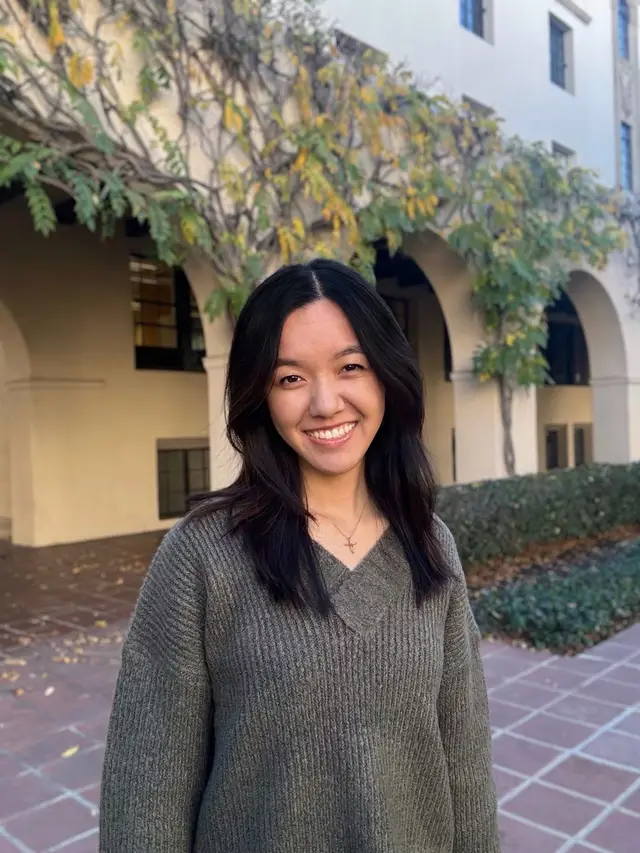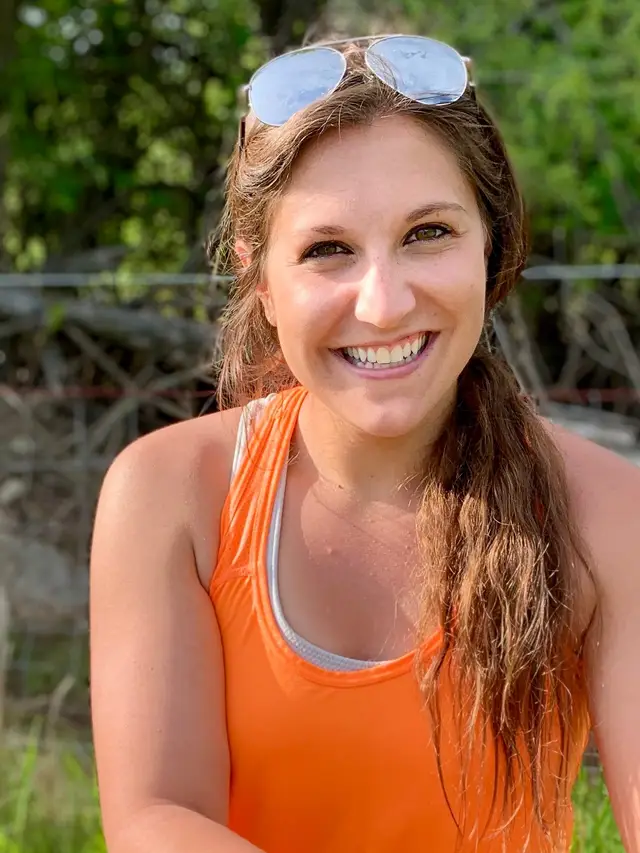Career Paths: What You Can Do With a Degree in Gerontology

By Camdyn Wu
Cognitive Science and Gerontology student at University of Southern California. She's also a Polygence Alum and Research Coach.

By Rebekah Pierce
Educational writer and former teacher
5 minute read
Have you ever heard of gerontology? No?
Well, you’re probably not alone.
This isn’t a field that tends to pop up often at the average career fair, but it’s one that’s incredibly important if you want a job that will let you change lives.
With populations aging rapidly across the world, gerontology (the study of aging and older adults) has become one of the most important disciplines for the future. Employment in services for the elderly (just one potential career path for this degree) is expected to grow by 26.5% within the next few years, according to the Bureau of Labor Statistics.
You might be wondering, “OK, great. So what can I do with a degree in gerontology?”
Don’t worry. This article will break it all down for you.
Why Study Gerontology?
By 2050, nearly one in four people in the United States will be over the age of 65. That’s a lot of people who need everything from healthcare to policy initiatives designed to support older populations. If you’re interested in making a real difference in people’s lives, gerontology might just be where your passion and purpose meet.
Unlike other health or social sciences, gerontology gives you a holistic view of aging by blending biology, psychology, sociology, and even public policy. It equips you with tools to drive critical discussions about how we can better support our aging communities.
And here's the best part: it’s not just about becoming a doctor or nurse. Whether you’re into research, management, or even activism, gerontology has paths for everyone.
🚀 Complete a research project in just 6 weeks! 🚀
Polygence Pods are 6-week group research courses where you'll create a short-form research paper on some of the most popular topics like Neuroscience, Gene Editing, Autonomous Systems, Economics and more.
Gerontology Career Paths
The need for gerontology professionals is skyrocketing, since the combination of a longer average life expectancy and growing senior populations has resulted in an increased demand for talented experts with the proper training to address their needs.
Some of the most common health science career paths for gerontologists are in healthcare: think geriatricians or geriatric nurses, or occupational and physical therapists.
But it’s not all nursing homes and hospitals, but instead, a few other areas where you can make your mark as well:
Health Services Administration
If you’re someone who thrives on organizational skills and leadership, health services administration might be your calling. In one of these roles, you’ll manage operations in healthcare settings like hospitals, long-term care facilities, or nursing homes. Think budgets, staff management, and making sure elder care facilities run like a well-oiled machine.
Health Education Specialists and Community Health Workers
Love educating and interacting with people? These roles are perfect for those passionate about preventive care and public health.
As a health education specialist, you’ll design programs to promote well-being for older adults, while community health workers make sure those programs reach the people who need them most. You might find work with a public health department or senior center.
🔑 Unlock Your Potential with Personalized Mentorship 🔑
With over 3,000 expert mentors, we'll match you with a mentor who is the perfect fit to guide you in your chosen project.
Gerontological Social Work
If empathy and problem-solving are your superpowers, gerontological social work might let you show them off.
Social workers in this field advocate for older adults, helping them tackle challenges like financial issues, housing insecurity, and emotional well-being. Common job titles include geriatric social workers, end-of-life or hospice care specialists, elder abuse advocates, and grief counselors.
Want to make an even bigger impact? These roles often go beyond the individual to influence systems and policies supporting older populations, with common roles including policy advocates, retirement and estate planning advisors, and aging and senior nonprofit directors. Start gaining experience in social science internships to expand your knowledge and determine if this is the career for you.
Long-Term Care Facility Administrators
If you’ve ever pictured yourself as leading a community rather than simply being part of it, long-term care administration might be the ticket.
Long-term care administrators oversee facilities like nursing homes, assisted living facilities, and rehabilitation centers. You’d be in charge of everything from care planning to operations to help make sure the seniors under your care live safely and comfortably.
Research, Policy, and Beyond
Want to go even bigger picture? These areas are all about shaping the future of aging. You could work as a researcher studying aging trends or a policy advocate designing legislative initiatives that impact elder care.
Some even work with nonprofits to lead aging-related programs at the community level, while others might become data analysts for the aging.
Simply put, the options don’t just stop at healthcare or management. The scope is as versatile and diverse as your interests.
How Polygence Helps You Pursue a Career in Gerontology
There’s so much you can do now to get a head start. Start by building a strong foundation in biology, psychology, and sociology, as these courses will set you up for your college classes, where you’ll learn more about the biological and social factors tied to aging. This foundation will help you choose a career path that aligns with your individual interests.
Second, consider volunteering or internships. Whether it’s helping out at a senior center or shadowing healthcare professionals, hands-on experience is priceless. It’ll give you both insight into the field and stories you can draw on when applying to colleges or jobs.
Last but not least, consider Polygence, where we believe every passion deserves the resources to thrive. Through our unique mentorship and research programs, we connect students just like you with experts in gerontology.
Looking to research dementia trends or the societal impacts of senior outreach programs? We’ve got you covered. Our mentors work with you one-on-one or in small, focused groups during Pods to explore your specific interests within the field.
Take Camdyn as an example. She’s a student who once co-wrote a research paper linking childhood learning disabilities to atypical dementias.
With the help of her Polygence mentor, she not only deepened her knowledge of gerontology but also created a portfolio of work that solidified her passion for the field. Today, Camdyn is earning both her bachelor's in cognitive science and a master’s in gerontology at USC.
If you love the idea of making a real difference in the world, gerontology is worth a look. The field is dynamic, full of potential, and increasingly important for the future. And the best part? There are countless ways to contribute, and Polygence can help you figure out just where you might fit in.